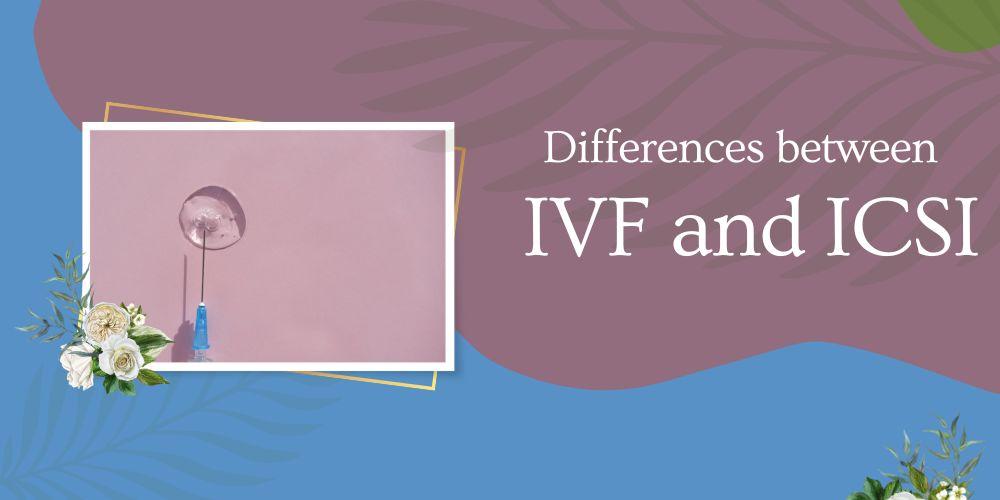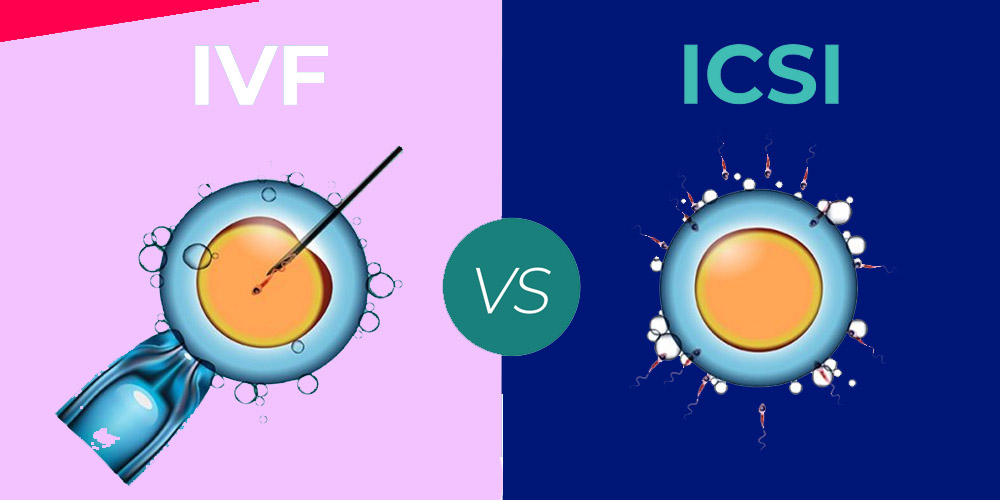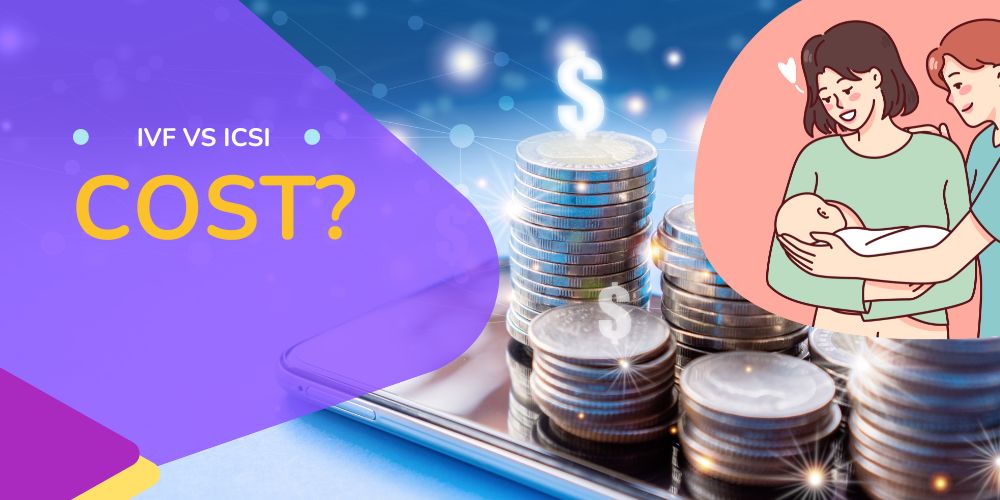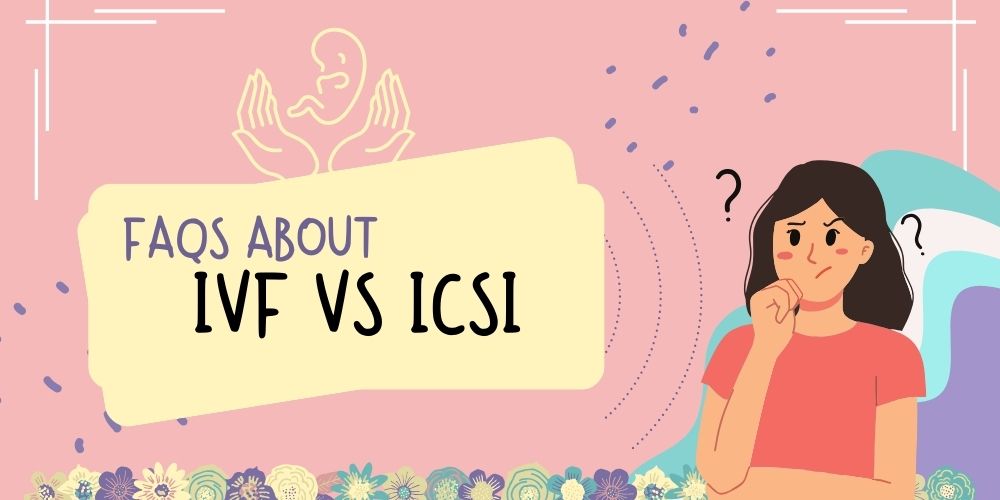Risks and Complications of IVF and ICSI
To make an informed decision before undergoing any procedure, it is crucial to gather information about the risks and complications involved. If you're interested in understanding the risks associated with both IVF and ICSI methods, continue reading! There are some common risks in both IVF and ICSI: - Increased chances of having multiple pregnancies (as multiple embryos may be transferred). - Higher potential for miscarriage. Specific to ICSI, there is an added risk: - Heightened potential for damaging eggs during the injection process, which involves inserting a needle into the egg. It's worth noting that the risk of cognitive disorders in babies born through natural means is comparable to that of babies born through ICSI or IVF.
Does ICSI work better than IVF?
Many people say ICSI work better than IVF, but what is truth? The true answer to such a question is: “It varies”. Compared to traditional IVF, which fertilizes about 50% of eggs, ICSI fertilizes an average of 50–80% of the injected eggs. On the other hand, when there is no male infertility issue, research demonstrates that IVF is equally effective as the ICSI process. In these circumstances, the cumulative live birth rates in reputable clinics for IVF and ICSI were alike.
Emotional considerations and support during IVF and ICSI
During the IVF and ICSI procedures, emotional support can be obtained from various sources such as family, friends, support groups, and mental health professionals. It is also important to trust a reputable clinic like TebMedTourism, who can provide a free consultation with specialists. This allows patients to gauge their kindness and professionalism in helping individuals cope with the mental stress and anxieties that accompany these treatments. Becoming parents is a significant milestone in a couple's life, and fertility specialists can assist in achieving this through ART methods like IVF and ICSI. However, undergoing these processes can be overwhelming for some couples, as mental well-being and fertility are interconnected. To ensure a more comfortable journey, it is essential for couples to have a clear understanding of each step and find ways to overcome moments of stress. Embarking on the IVF and ICSI journey with an experienced and well-known agency like TebMedTourism is a crucial step towards realizing the dream of parenthood.
Comparing IVF and ICSI: Which one is suitable for You?
ICSI is typically used for male infertility, while IVF is more suitable for female infertility, and although ICSI may still be used in the absence of male infertility, studies suggest it does not significantly increase the chances of pregnancy; therefore, if the sperm cannot reach the egg or cannot fertilize it, seeking professional consultation, such as a free consultation on WhatsApp, should be your first step.
In conclusion, understanding the differences between IVF and ICSI is crucial for individuals seeking infertility treatment. With millions of infertile couples worldwide in need of high-quality care, it is important to gather information on the procedures, costs, success rates, risks, emotional considerations, and future advancements in assisted reproductive technologies. While IVF and ICSI share similarities in certain stages, they are distinct in their approach and suitability based on the underlying cause of infertility. Seeking professional consultation and considering individual circumstances are vital in determining the most appropriate treatment option. 

 What is the difference between IVF and ICSI?
What is the difference between IVF and ICSI? The Cost of IVF vs ICSI
The Cost of IVF vs ICSI


Comments & Questions